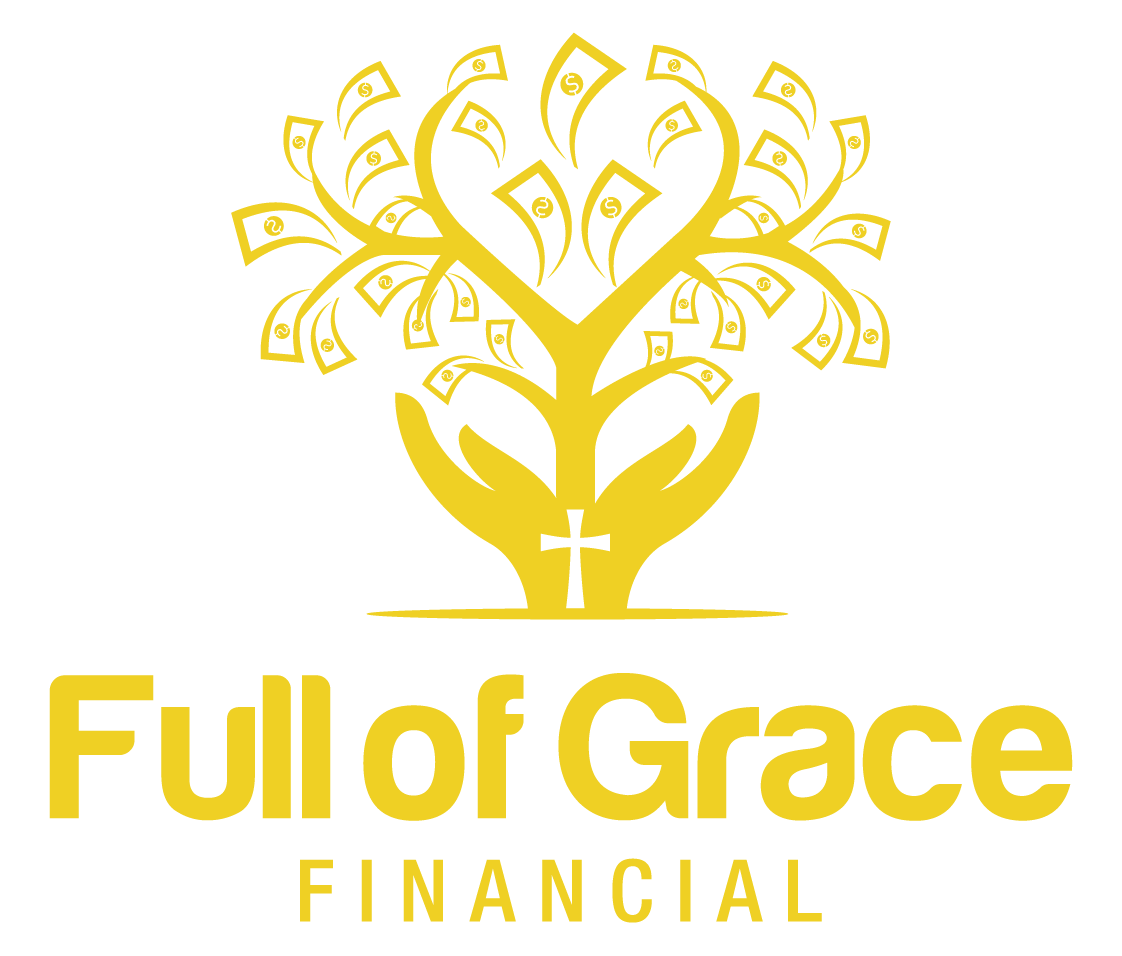“How do I even start a financial plan?” And don’t use the B word with me!
“How do I even start a financial plan?” And don’t use the B word with me!

According to Schwab’s 2021 Modern Wealth Survey, only 33% of Americans have a written financial plan. The reasons for not having a plan, according to respondents, ranged from feeling as though they didn’t have enough money to even have a plan to feeling intimidated that financial planning was too complicated for them.
This alarming statistic coupled with the fact that I have encountered so many people over the last few months that have also confirmed the validity of the statistic, is why I am writing this blog today.
There is hope for your finances and there is a need for a financial plan, no matter your income or socioeconomic status. So, get your pen and paper (or more than likely your phone or laptop) ready! Here is how you get started……
BUDGETS ARE LIKE DIETS BECAUSE THEY RARELY WORK
The word “Budget” has such a negative connotation with our society anymore, as people are sick and tired of trying to jot down dollars and categories where they plan to spend their hard-earned money each month. So typically, what happens is folks either give up on a budget before they even start, or they put the completed budget away only to never look at it again or even bother to compare their cash flow each month to see if they have stuck to it.
Regardless of what the most recent podcast or radio personality tells you about skipping buying that coffee on the way to work or never going out to eat, there are times when you are just plain exhausted after the workday and need to grab the kids some chicken nuggets made by someone other than you!
The reality of budgets is that they often make us feel as though we have failed, yet again, this month to be responsible and disciplined with our money, so we reject them and despise them.
Rest assured, there is another way to do it!
HOW IS THE MONTHLY CASH FLOW ANALYSIS APPROACH DIFFERENT?
Recent behavioral studies and psychological research around money have shown that our minds are more adept at using the monthly cash flow analysis approach to our finances. This is just simply analyzing where your money comes from each month as well as where it is going out.
There are a few different ways to begin this cash flow analysis, with several digital apps designed to do this, or simply just good old fashioned paper pencil tracking. Apps such as Rocket Money, Mint.com, etc. allow you to sync the appropriate bank and spending accounts safely, which then allows the app to begin tracking your monthly income and spending. Again, the point here is not to beat you down or make you feel more defeated around your finances, rather this begins to allow you to see where each dollar goes every month in relation to your income.
The first true step to the financial planning journey is to begin identifying your spending habits and analyzing cash in vs. cash out of your plan each month. As a side bonus, many of these financial tracking apps also will spit out beautiful monthly reports around income and spending, while also allowing you to categorize dollars into different expenditure lines, such as: home costs, auto fuel expenses, groceries, etc.
WHAT DO I DO WITH THE MONTHLY CASH FLOW ANALYSIS?
Okay, so now that you have implemented the cash flow app of your choice, what do you do with the data now and why is this helpful? Over the next few months you will be able to see what your spending habits are as well as how your income stacks up to your spending. Some of these apps are even snazzy enough that they will identify monthly subscriptions you are paying for that you may have forgotten about or aren’t using, so that you can cancel them and save some money each month.
More importantly, just being able to see the numbers behind your income and spending will begin to give you a clearer picture of you current financial picture. From there you can begin to assess and make decisions around whether you need to make more money each paycheck or if you need to cut down on spending in certain areas…..or both.
The math behind your personal finances is actually quite simple, so you do not need a background in Calculus or other difficult mathematical concepts to have some success in financial planning. The two main levers you can tie everything back to is your either need to make more money, or you need to spend more money. There is no way you can determine that or even where to start if you do not have your mind wrapped around your financial picture each month.
HOW CAN WORKING WITH A FINANCIAL PLANNER HELP?
Working with a fee only fiduciary financial planner is analogous to hiring a personal trainer at your local gym, in that they can provide you with the expertise and accountability that your current financial plan is lacking.
According to Schwab’s 2021 Modern Wealth Survey, 65% of people with a written financial plan say they feel financially stable. They feel as though they have better control of their money, rather than allowing their finances to control them and cause unnecessary stress.
You too can create a customized financial plan to help you get your finances on track and begin taking control of your money! Check out our website at www.fullofgracefinancial.com to learn more about who we are and how we help clients co-create their financial plan to achieve both their short-term and long-term financial goals!

